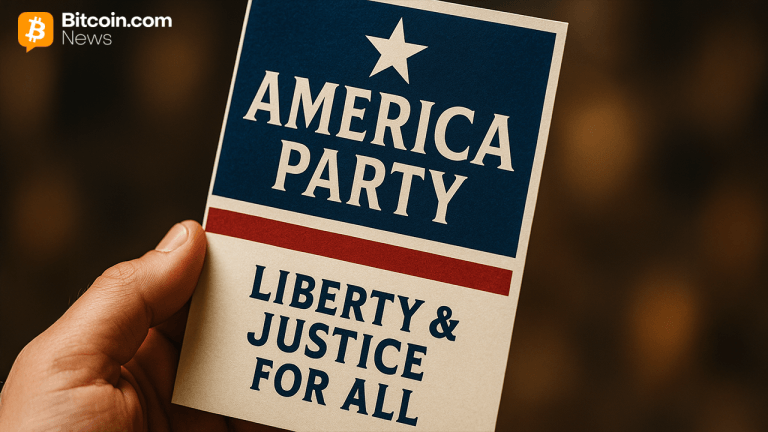PREPA bond parties say disclosure statement is illegal, plan unconfirmable
4 min read

Several Puerto Rico Electric Power Authority bond parties filed objections Friday to the Oversight Board’s proposed disclosure statement, asking for it to be rejected because the plan of adjustment is unconfirmable, the way in which it was agreed upon broke the law and it omits important factors.
GoldenTree Asset Management, Assured Guaranty, bond trustee U.S. Bank N.A., and the PREPA Ad Hoc Group explained their objections in filings on Friday. Bond insurer Syncora Guarantee filed a statement saying it supported GoldenTree’s position.
The bondholders laid out their objections over the plan, arguing it is illegal because of the various ways in which the board solicited the parties that agreed to it and the differences in treatments to the various debt holders involved.
The board countered in a statement to The Bond Buyer, arguing that the plan is “a viable and fair debt restructuring” that was “deliberately” mediated and litigated.
An attorney not involved in the PREPA bankruptcy said, “The objections are substantial but Judge [Laura Taylor] Swain will ignore them and approve the disclosure statement.”
The PREPA Ad Hoc Group noted the U.S. bankruptcy code says a plan of adjustment “shall … provide the same treatment for each claim or interest of a particular class” but that the current proposed plan has wildly different treatments for members of classes. Bondholders are offered between 16.2% and 3.5% depending on whether, and how soon, they agree to vote in favor of the plan.
The board’s direct “solicitation” of bondholders starting on Oct. 2 violated the bankruptcy code that bars solicitations before disclosure statement approvals, the group said. The solicitation is also illegal because it is “unfairly coercive,” telling bondholders they will get almost five times more if they agree to a major haircut now rather vote against it.
The group said the plan offers a payment level to certain creditors “significantly more than the estimated allowed amount of their claims,” making the plan ultimately unconfirmable. The plan should be changed to cure all these flaws before a disclosure plan is sent out.
Lastly, the group said the statement has inadequate information because it doesn’t mention hundreds of millions of dollars in various fees to be paid to certain supporting creditors. It also presents some claim recoveries as percentages of the original claim and others as percentages of estimates of what the judge is allowing as claims.
Bond trustee U.S. Bank, along with making similar arguments, said the plan’s deal for National Public Finance Guarantee and the so-called First Settlement Bondholders, violate the bond’s trust agreement. The latter were holders of less than 1% of all uninsured holders who elected to accept a board offer for a 50% recovery in January. There can be no justification for their separate treatment, the bond trustee said.
GoldenTree, along with making similar arguments, in its complaint said the five investment funds that settled in August arranged to get above market interest rates and extra fees, and a break-up fee in case the deal fell through. “This break-up fee cements the point that the Oversight Board’s agreement with the BlackRock Group [of five investment funds] is nothing more than the purchase and sale of votes in exchange for fees.”
The fuel line lenders’ unsecured claims are being treated better than are bondholders’ unsecured claims, GoldenTree said.
The disclosure statement fails to explain the potential impact of a successful appeal by the trustee and bondholders on one of the U.S. District Court’s key rulings in the case, GoldenTree said. The statement doesn’t say whether the Oversight Board intends to establish a reserve to cover the possibility the bondholders and trustee prevail in appealing the court’s ruling on their claimed lien on funds.
For its part, Assured Guaranty said the disclosure statement fails to properly disclose the plan payment might be worth substantially less than the bond collateral, making the plan “unconfirmable.”
It said the statement fails to make the plan’s effectiveness conditional on the necessary legislative, regulatory, and electoral approvals, making the plan unconfirmable under the Puerto Rico Oversight, Management, and Economic Stability Act.
Assured said the statement fails to warn creditors of possible delays or nullifications to distributions, if the appeals go forward after the plan is approved, which all parties expect.
In response to the filings, the Oversight Board released a statement, “The proposed PREPA plan of adjustment is a viable and fair debt restructuring that reflects the recent order by the U.S. District Court to reduce bondholder claims and the reality of PREPA’s financial future and investment needs. The plan is the result of deliberate mediation and litigation, and a significant number of creditors agreed to the realistic terms of the drastically reduced debt and interest payments.”







